
5 Groups of People Advised to Limit Ginger Consumption to Avoid Worsening Health Conditions
5 Groups of People Advised to Limit Ginger Consumption to Avoid Worsening Health Conditions
Ginger offers numerous health benefits, but for some individuals, excessive consumption can exacerbate certain conditions.

More than just a cooking spice, ginger is a key ingredient widely used in traditional Eastern medicine.
According to traditional medicine, fresh ginger has a spicy taste and slightly warm nature, affecting the lung, spleen, and stomach meridians. It helps dispel cold, warm the body, dissolve phlegm, promote water metabolism, and detoxify. These properties make fresh ginger effective in alleviating cold and flu symptoms. When the weather turns chilly, drinking ginger-infused water or adding ginger slices to warm tea can help ward off colds and reduce coughing.
Research has also shown that ginger has antibacterial, anti-inflammatory, and potential anti-cancer properties. It has been studied for its effects on digestive disorders, arthritis, cancer, and cardiovascular health. Additionally, its anti-nausea properties may benefit pregnant women, motion sickness sufferers, and post-anesthesia patients. Fresh ginger contains gingerol, which stimulates the intestinal lining and boosts appetite.
However, for individuals with certain health conditions, consuming ginger can pose serious risks.
5 Groups of People Who Should Avoid Ginger
1. People with Liver Disease
Ginger is known to help prevent fatty liver disease in healthy individuals. However, for those already suffering from liver disease, it is considered harmful. The spicy, warming nature of ginger can stimulate excessive secretion in damaged liver cells, potentially accelerating their deterioration and necrosis. Therefore, individuals with liver disease should avoid ginger tea.
2. People with Stomach and Duodenal Ulcers
Individuals with gastric conditions such as gastritis, stomach ulcers, or duodenal ulcers should not consume large amounts of ginger. Excessive ginger intake can irritate and erode the stomach lining, worsening existing ulcers and aggravating symptoms.
3. People with Heatstroke
A warm cup of ginger tea can be beneficial for colds caused by cold exposure. However, in cases of heatstroke, drinking ginger tea may lead to severe complications. Since ginger has a warming nature, consuming it when the body temperature is already high can further elevate heat levels, potentially causing blood vessel damage and even hemorrhaging.
4. Pregnant Women in the Second Half of Pregnancy
Many pregnant women use ginger to alleviate morning sickness. However, studies suggest that excessive ginger intake during pregnancy can impact fetal hormone levels and increase the risk of miscarriage.
In the later stages of pregnancy, ginger should be consumed with caution, as its warming nature can raise blood pressure, posing risks to both the mother and baby. Nursing mothers should also be careful, as ginger compounds can pass into breast milk, potentially causing sleep disturbances in infants.
5. People Taking Certain Medications
While ginger is generally safe for individuals on medication, there are cases where it can interfere with drug efficacy. It is essential to consult a doctor before consuming ginger alongside medications.
Experts advise against combining ginger with blood pressure medications, heart stimulants, or anti-arrhythmic drugs, as it may counteract their effects.
How Much Ginger Is Safe to Consume?
Ginger is considered safe when consumed in moderation. The U.S. Food and Drug Administration (FDA) recommends a maximum daily intake of 4 grams. Exceeding this amount may cause stomach discomfort and acid reflux.
Although allergies to ginger are rare, the enzyme cysteine proteinase GP-1 in ginger can trigger allergic reactions in some individuals.
Additionally, ginger should not be taken with blood-thinning medications, as it may increase the risk of bleeding. It can also lower blood sugar levels, potentially leading to hypoglycemia when combined with diabetes medications.
If you are taking medication, consult your doctor before consuming ginger tea or concentrated ginger products regularly.
News in the same category

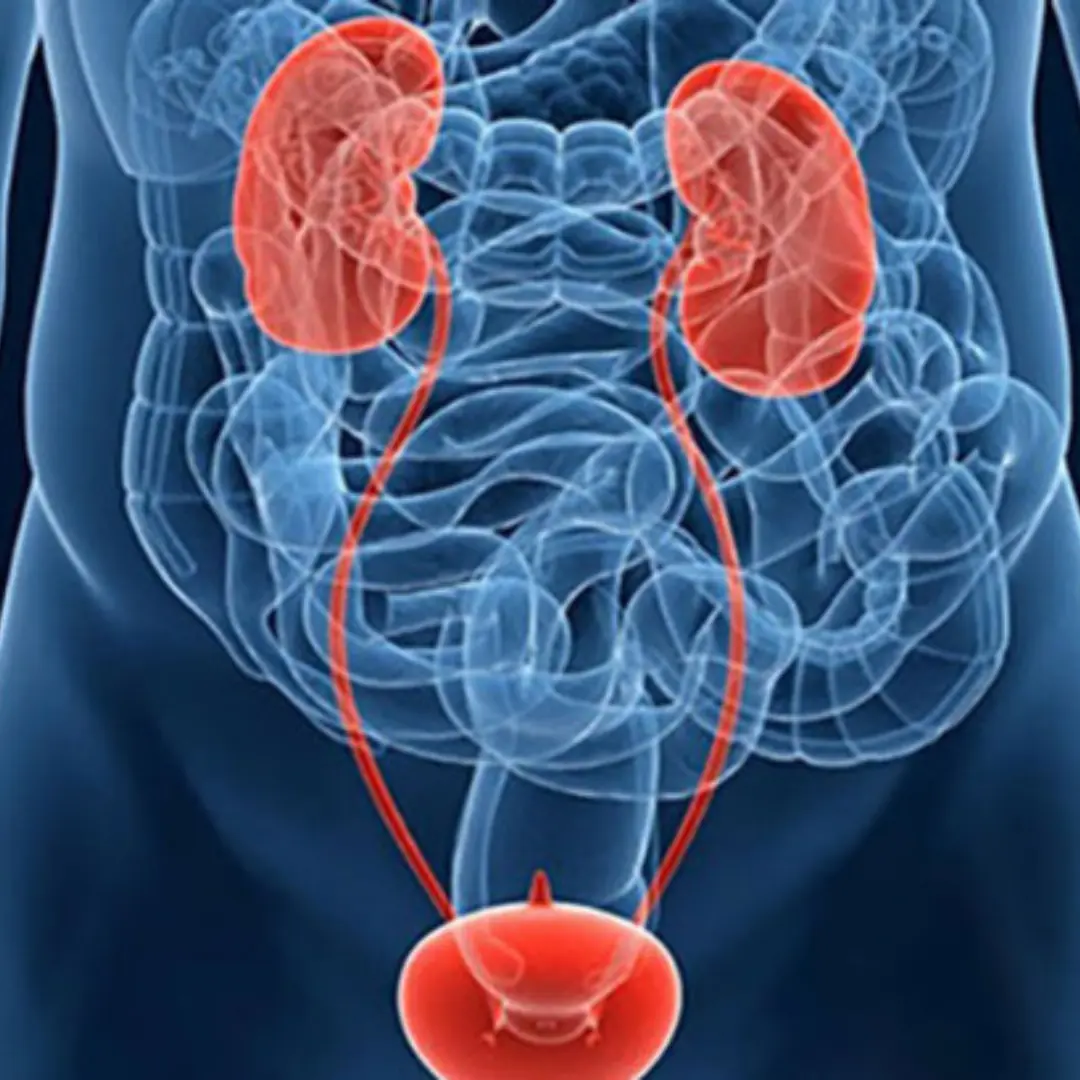
5 Common Signs of B l a d d e r C.a.n.c.e.r That You May Ignore
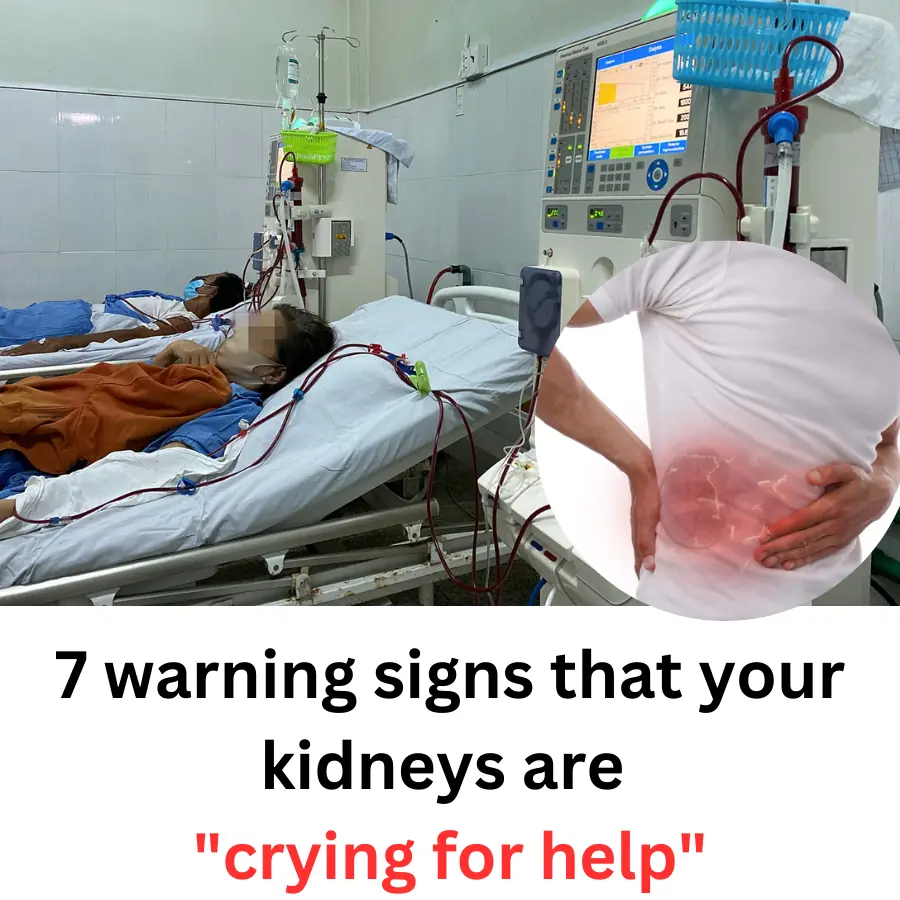
7 warning signs that your kidneys are "crying for help"
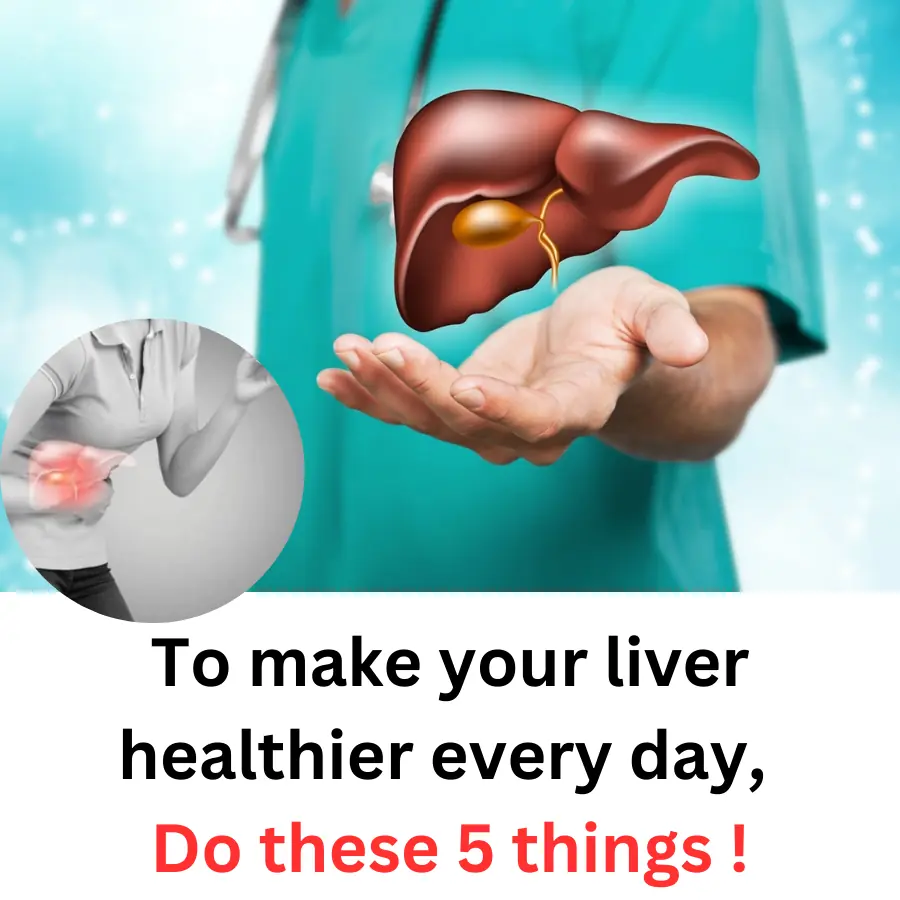
To make your liver healthier every day, do these 5 things

A special regimen shrinks tumors and saves people with late-stage cancer

5 Groups of People Advised to Limit Ginger Consumption to Avoid Worsening Health Conditions
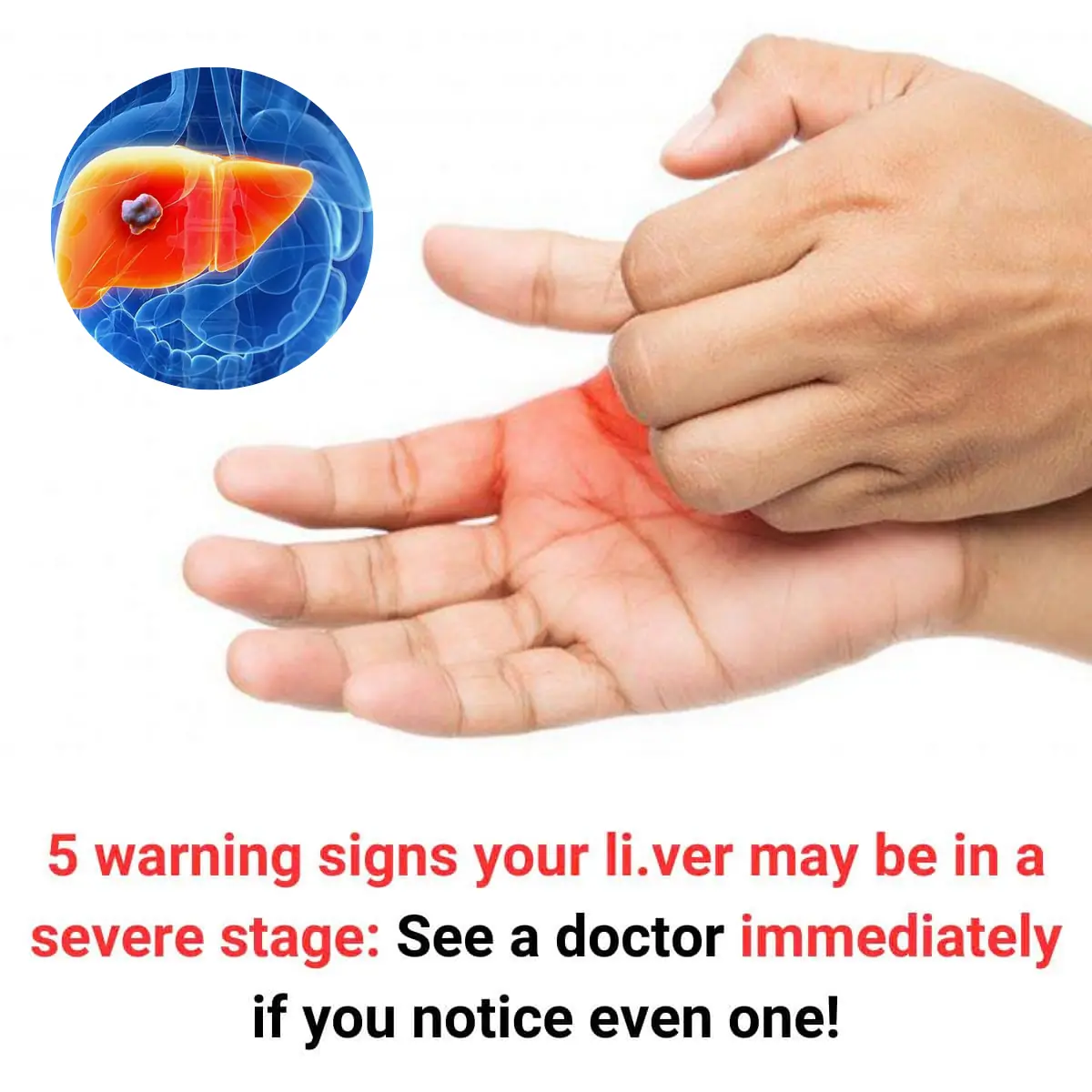
5 Warning Signs Your Liver May Be in a Severe Stage

Warning: 5 Hidden Stro.ke Risks in Young Adults You Need to Know!

Check for 6 diseases
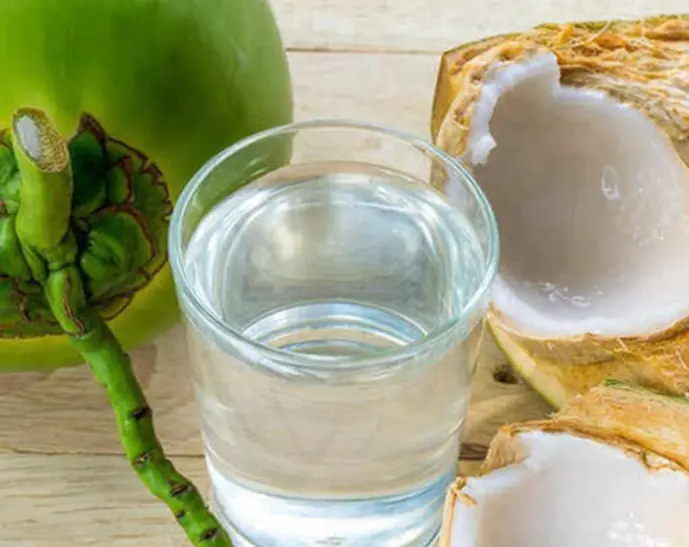
Unexpected effects from coconut water

13-year-old b.o.y has g o u t, the cause comes from the drink that most c h i l d r e n love
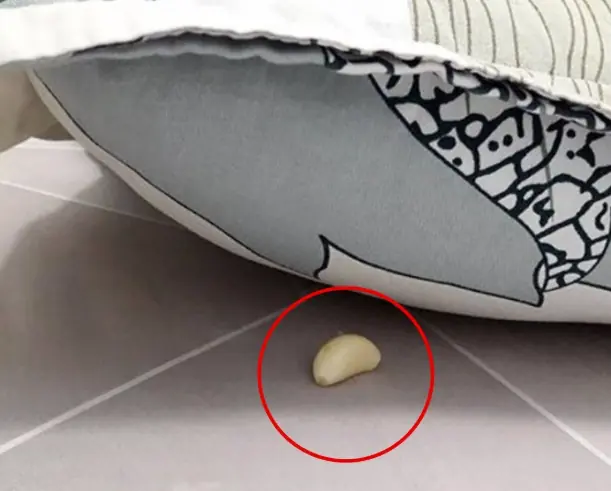
Why should garlic be placed at the head of the bed when sleeping at night?
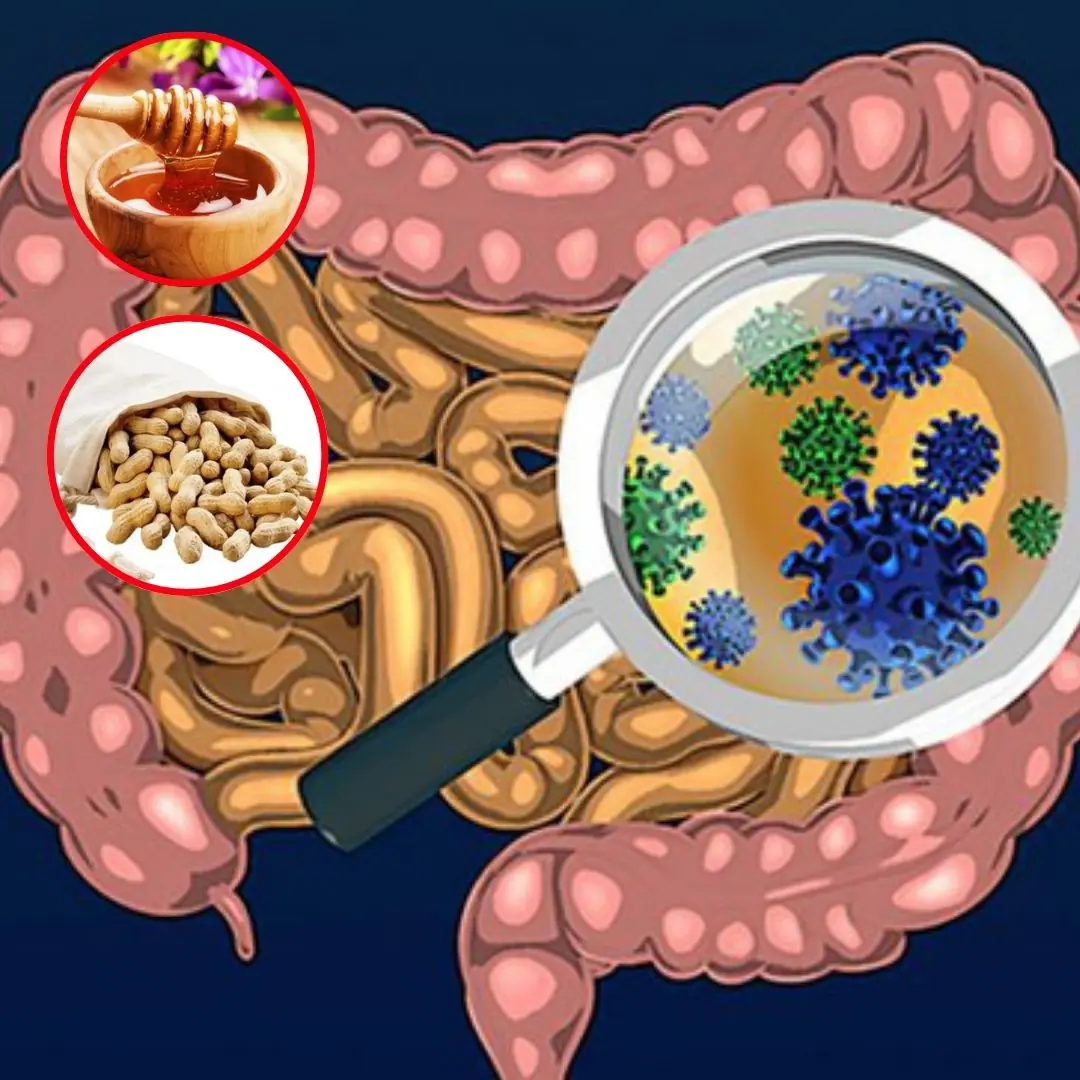
7 foods that help detoxify i.n.t.e.stines effectively that everyone should eat
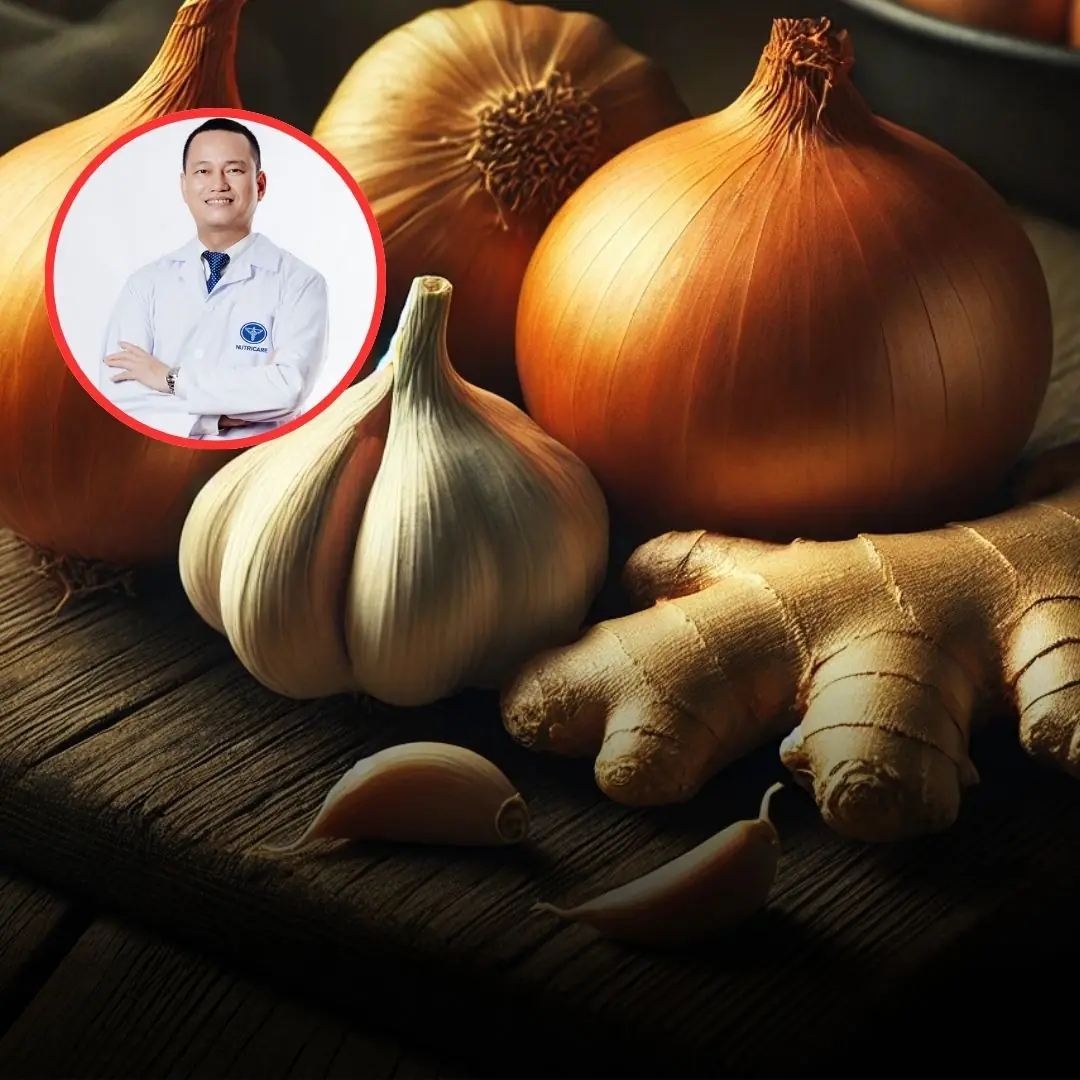
Onion, Garlic and Ginger C u t them into pieces and put it inside one air tight container
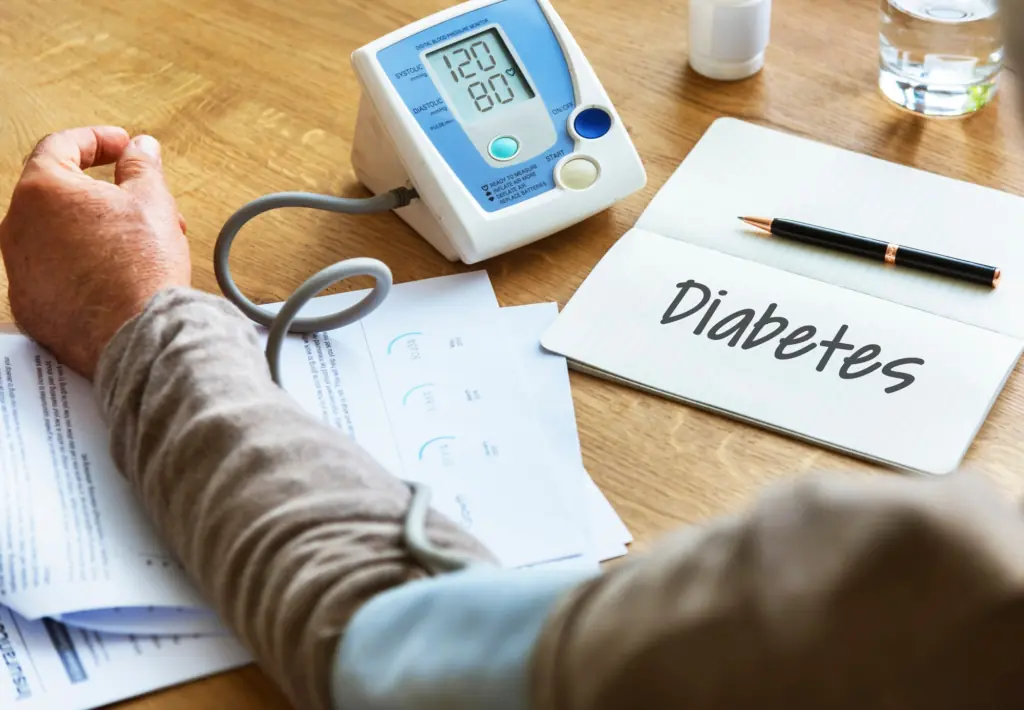
Beware Of Diabetes If You Frequently Experience These 5 Strange Symptoms
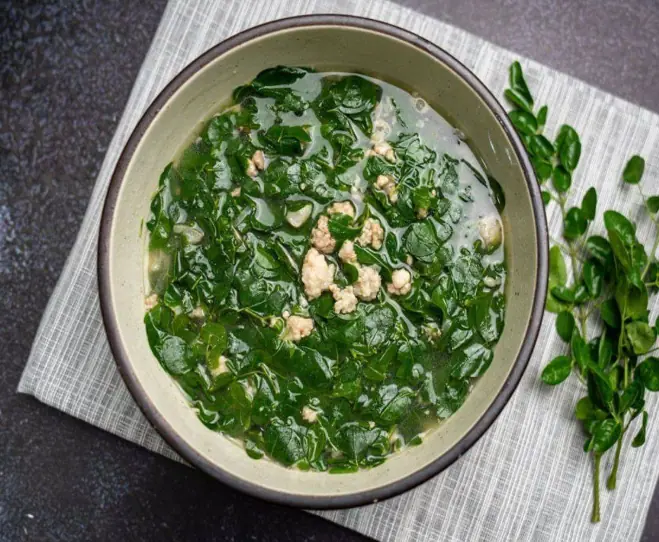
Not everyone knows how to eat this vegetable
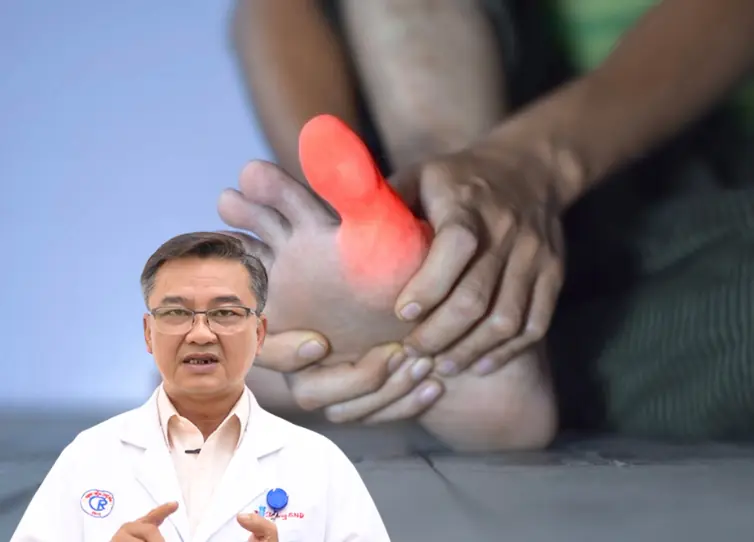
7 Kidney Warning Signs You Must Not Ignore

New Research Suggests That All C.a.n.c.e.r.s Are Linked To A Single Protein

The Hidden Dangers in Leftovers

A Big Belly Isn’t Always Just Fat
News Post

Bump piercing: Beware of the risk of serious ear deformity

Unexpected revelation about longevity through the speed of nail growth

5 Common Signs of B l a d d e r C.a.n.c.e.r That You May Ignore

7 warning signs that your kidneys are "crying for help"

To make your liver healthier every day, do these 5 things

Take a handful of these leaves and boil them in water to wash your hair. Your hair will grow thicker and fall out less

A special regimen shrinks tumors and saves people with late-stage cancer

With just this little tip, your clothes will be sparkling clean

Hotels and motels often put this sofa in the room to

If You See These 4 Signs on an Eggshell, Throw It Away Immediately!

5 Warning Signs Your Liver May Be in a Severe Stage

Have you known this yet?

Warning: 5 Hidden Stro.ke Risks in Young Adults You Need to Know!

Mistakes that every home makes when boiling water

Knowing the uses is very surprising.

Helps the toilet always smell fresh

A new coronavirus in China

Many people still don't pay attention to this when flying
